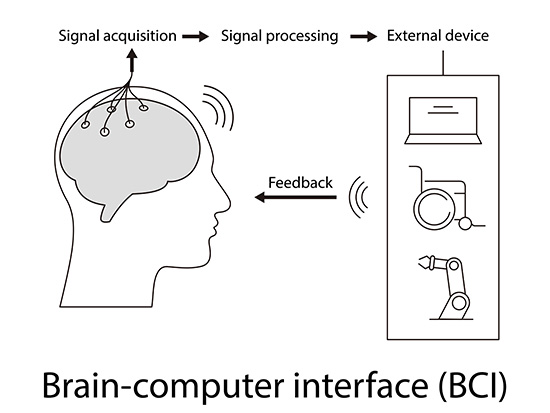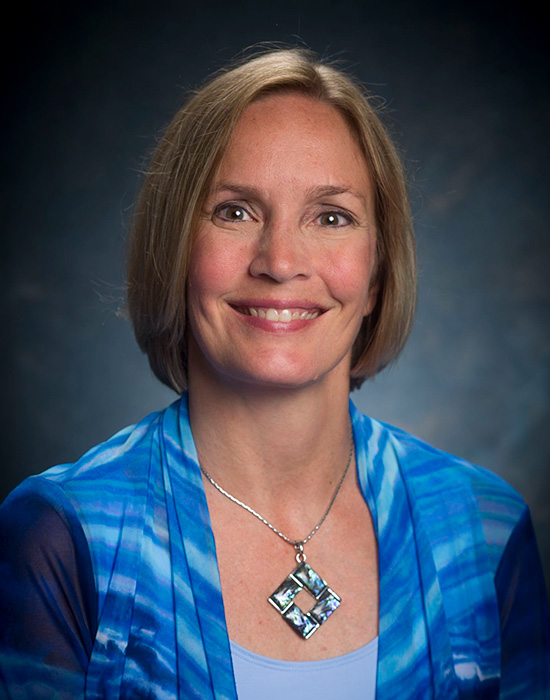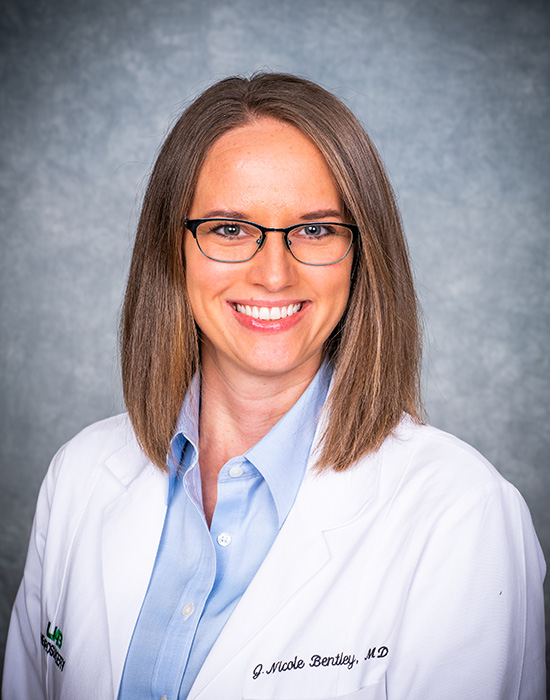Media contact: Bob Shepard
 Some call it a major step forward for medicine. And a major step forward for engineering. The new field of neuroengineering combines bioengineering with the neurosciences. The University of Alabama at Birmingham launched a neuroengineering Ph.D. program in 2020, and now, faculty from the UAB School of Engineering and the departments of Neurobiology, Neurology and Neurosurgery in the Heersink School of Medicine have come together to establish the UAB Neuroengineering and Brain-Computer Interface Initiative.
Some call it a major step forward for medicine. And a major step forward for engineering. The new field of neuroengineering combines bioengineering with the neurosciences. The University of Alabama at Birmingham launched a neuroengineering Ph.D. program in 2020, and now, faculty from the UAB School of Engineering and the departments of Neurobiology, Neurology and Neurosurgery in the Heersink School of Medicine have come together to establish the UAB Neuroengineering and Brain-Computer Interface Initiative.
Together, the fields of neuroengineering and brain-computer interfaces could have a tremendous impact on a number of neurologic, conditions such as stroke, neurodegenerative disorders, Parkinson’s disease, dementia and other brain diseases. One goal of brain-computer interfaces is to create devices that could restore function to a damaged nervous system by interacting with, interpreting and controlling neural signals to produce a positive response.
The NBCII, which is led by Lynn Dobrunz, Ph.D., professor of neurobiology, and Nicole Bentley, M.D., assistant professor of neurosurgery, has well over 100 members from across UAB.
The NBCII’s mission is to combine neurobiology, neuroimaging, neural interface technology and the latest developments in neuroscience with engineering and analytics to synergize and advance research, education and patient care at UAB and beyond.
 Lynn Dobrunz, Ph.D., professor of neurobiology and director of the NBCII“Neuroengineering is one of the most innovative and fastest-growing areas of neuroscience research, education and funding,” said Dobrunz, director of the NBCII. “A major goal of the NBCII is to foster collaborations and expand UAB’s interdisciplinary research in this exciting new field.”
Lynn Dobrunz, Ph.D., professor of neurobiology and director of the NBCII“Neuroengineering is one of the most innovative and fastest-growing areas of neuroscience research, education and funding,” said Dobrunz, director of the NBCII. “A major goal of the NBCII is to foster collaborations and expand UAB’s interdisciplinary research in this exciting new field.”
One active subset of the NBCII is the new Brain-Computer Interface Special Interest Group. The group, which has more than 50 members, brings together UAB neurosurgeons, neurologists, engineers and neuroscientists.
“Each of these domains has unique data and analytic capabilities that, with collaboration, could yield insights not possible within each alone,” said Bart Guthrie, M.D., professor of neurosurgery. “Such insights will inform innovative ideas about brain function, clinical neuropathology, novel neuromodulation strategies and immediate applications for brain-computer interface development.”
Guthrie has used data from over 1,000 deep brain stimulation surgical procedures to conduct vital research for patients with movement disorders, such as Parkinson’s disease, since 2016.
For one of their first initiatives, the special interest group is working to establish a data-sharing platform to provide group members with better access to data relevant to BCI. With patient consent, data from neurosurgical procedures can be shared with neuroengineers to advance understanding of neurodegenerative disorders and other brain diseases to improve patient experiences and outcomes.
During routine surgeries for movement disorders or epilepsy, neurosurgeons such as Bentley, associate director of the NBCII, implant electrodes into specific regions of the brain to deliver electrical pulses or to investigate seizures. These electrodes can also be used to record brain activity during the procedure that neuroengineers could later analyze. For example, neurosurgeons can record baseline brain activity while patients are resting, and then again while patients perform various cognitive tasks.
 Nicole Bentley, M.D., assistant professor of neurosurgery and associate director of the NBCII“The rich data contained in brain signal recordings can provide insight into how the brain processes information, and how abnormal processes can lead to diseases we see clinically,” Bentley said. “A major goal of the NBCII is to share this data across disciplines to answer fundamental questions about brain function in health and disease.”
Nicole Bentley, M.D., assistant professor of neurosurgery and associate director of the NBCII“The rich data contained in brain signal recordings can provide insight into how the brain processes information, and how abnormal processes can lead to diseases we see clinically,” Bentley said. “A major goal of the NBCII is to share this data across disciplines to answer fundamental questions about brain function in health and disease.”
“As an engineer, I am interested in finding biomarkers using signal analysis and machine learning to improve deep brain stimulation efficacy,” said Arie Nakhmani, Ph.D., associate professor of electrical and computer engineering and an organizer of the special interest group. “I think the most interesting and valuable discoveries are happening while crossing disciplinary boundaries. Brain-computer interfaces are a great example of such transdisciplinary research that has engineering and clinical applications.”
The BCI Special Interest Group has monthly meetings with presentations designed to share knowledge between neurosurgery, neurology, neuroscience and engineering faculty members and trainees. Topics have ranged from “Neuroengineering during Awake DBS Surgery” to “How is Hierarchical Structure of Language Created in the Brain?”
In addition to running the BCI Special Interest Group, the NBCII supports the Neuroengineering Ph.D. Program, conducts a Neuroengineering Seminar Series and is starting a new Circuit Analysis Special Interest Group.
The UAB Neuroengineering Ph.D. Program is a joint activity between the UAB School of Engineering and the UAB Heersink School of Medicine. It is a first-of-its-kind program in the state of Alabama, and one of the only freestanding neuroengineering doctoral programs in the country.
By combining faculty expertise across disciplines, this program will train a new generation of neuroengineers to advance understanding of neurodegenerative disorders and other brain diseases, and to develop novel therapeutics, neuroprosthetics and tools to restore lost brain function and improve patient outcomes.
The NBCII and Neuroengineering Ph.D. Program also receive assistance from UAB’s Comprehensive Neuroscience Center. Neuroengineering is one of the pillars of the CNC, where it engages with neuroimaging, neuromodulation and other CNC pillars for mutual support.
Visit the NBCII website or follow their UAB_NBCII Twitter handle to learn more.
